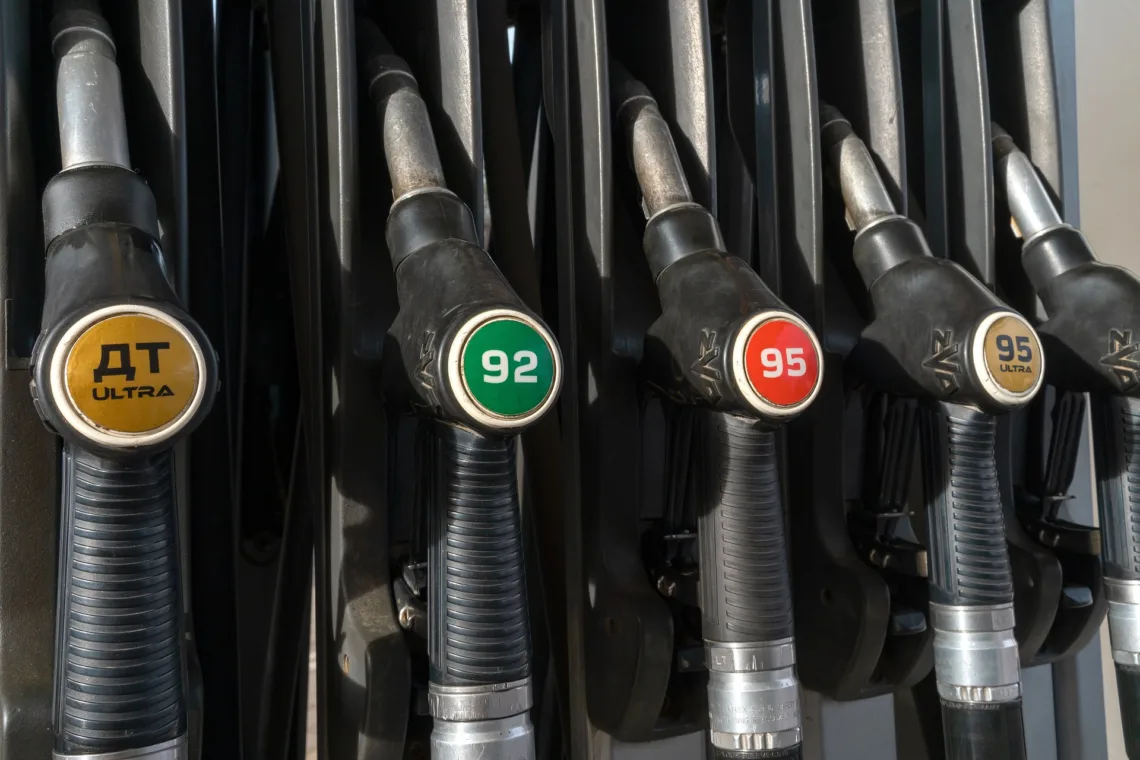The number of fossil fuel companies that have set themselves net zero emissions targets has increased sharply in the past year. However, most of them fail to address important issues making them “largely meaningless”, a new report shows.
A total of 75 of the world’s 112 largest fossil fuel companies have now committed to reaching net zero emissions – that is, the point at which greenhouse gas emissions are eliminated by means of drastic cuts in production and new methods of absorbing carbon dioxide in the atmosphere.
This is an increase from just 51 companies a year ago, according to the Net Zero Tracker, which is run by the British Energy and Climate Intelligence Unit and the University of Oxford, among others, writes Reuters.
“However, most targets do not fully cover Scope 3 emissions – which include the use of the company’s products. These are the largest source of emissions for fossil fuel companies – they lack transparency about them, or they do not include short-term reduction plans,” the report says.
This makes them “largely meaningless”, according to the report. The report also shows that none of the fossil fuel companies have committed to moving away from the extraction or production of fossil fuels.
Today, around 4,000 countries, states, regions, cities and companies worldwide have committed to net zero emissions. In November last year, the UN issued guidelines for what a “good” zero emissions strategy should look like to avoid greenwashing.
We have not yet seen that fossil fuel companies or other companies have done anything in particular to meet these guidelines, so there is still a lot of work to be done to get up to that level, says Professor Thomas Hale at the University of Oxford, who is a co-author of the report .
Daisy Streatfeild, director of sustainability at global asset manager Ninety One, said that “credible plans and meaningful implementation are not going to happen overnight” and that many companies are doing a better job than national governments.
According to a study published in the journal Science last week, it is unlikely that around 90 per cent of the countries’ zero emission targets will be reached.
In the analysis, the zero emission plans of around three dozen countries were examined, and the countries were ranked according to the level of confidence “lower” or “much lower”.
Among the laggards were India, Australia, Brazil, Indonesia, South Africa and the United Arab Emirates, which is hosting the upcoming UN climate summit.
The world’s two biggest emitting countries, China and the USA, ended up in the “lower” category.

